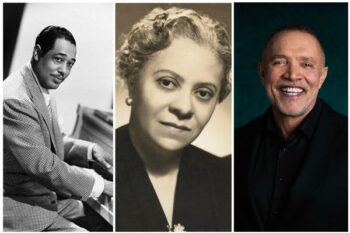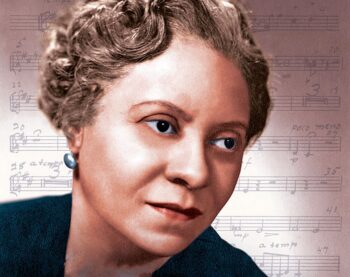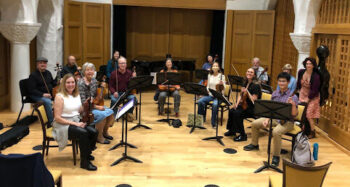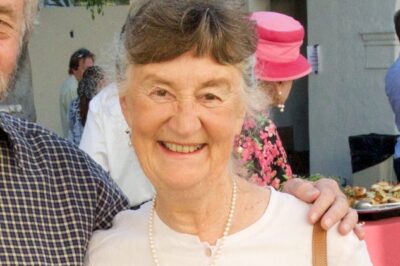Black History Month: Honoring the Origins of Music Today

A huge part of our music education involves learning history. But there are so many pivotal historical figures whose creativity was far beyond their designated social status, and whose stories are only now beginning to be told.
This month, we have the opportunity to celebrate those musical composers whose legacy, in some cases, has not gotten the recognition it deserves. We honor the Black and African musicians whose imagination lives now in the collective unconscious – with us when we sing Holiday music, listen to Classical suites, or swing to the music of Jazz, Rhythm and Blues, Pop, Country, and many others.
In the world of Jazz, the influence of legends like Duke Ellington and Miles Davis can still be felt in the improvisational stylings of artists like Terence Blanchard and Esperanza Spalding. Blanchard’s evocative scores for film and television have earned him critical acclaim, while Spalding’s genre-defying approach to music has garnered her a devoted following worldwide.
In the world of film and television, composers like Michael Abels and Pasadena local Kris Bowers are breaking new ground with their scores for projects like “Get Out” and “Green Book.” Their ability to blend traditional orchestration with modern sensibilities has earned them widespread acclaim and brought much-needed diversity to the world of film scoring.
Each Monday during the month of February, we are celebrating 7 different Black composers – one for each day of the month – on PCM’s Instagram page. Our goal is to commemorate their innovation and share insights that, though their impact is felt in our music today, may be little known.

One such little known composer: Florence Price
Florence Price, a trailblazing composer of the early 20th century, was born in Little Rock, Arkansas, in 1887. Price defied racial and gender barriers to become one of the most celebrated composers of her time. Despite facing discrimination and adversity throughout her life, Price remained undeterred in her pursuit of musical mastery.
Drawing inspiration from African American Spirituals, Folk melodies, and the Classical tradition, she crafted compositions that are both deeply rooted in tradition and strikingly original. Her works showcase a remarkable synthesis of styles, blending lush harmonies, rhythmic vitality, and poignant melodies to create music that speaks to the heart and soul.
One of Price’s most notable achievements was winning the prestigious Wanamaker Foundation Award in 1932 for her Symphony in E Minor, making her the first African American woman to have a symphony performed by a major orchestra. In 1933, her work was performed by the Chicago Symphony Orchestra and paved the way for future generations of Black composers, while helping challenge the prevailing stereotypes and prejudices of the time.
In addition to her symphonic works, Price composed a wide range of music, including chamber music, vocal compositions, and arrangements of spirituals. Her music reflects a deep faith and a profound commitment to social justice; themes that resonate powerfully with audiences to this day.
Some of her more famous works include “Five Folksongs in Counterpoint for String Quartet,” which warmly encapsulates her influences: Dvořák,Tchaikovsky, and African American Spirituals.
One of her most famous performances took place on Easter Sunday in 1939 on the steps of the Lincoln Memorial. Broadcast live for the entire nation to hear, contralto Marian Anderson closed out the service with Price’s song, “My Soul’s Been Anchored in the Lord.”
Today, Florence Price’s legacy continues to be celebrated by musicians and audiences around the world. Here at PCM, the Adult String Ensemble recently performed her piece, “Adoration.”
Originally written for piano or organ, this piece has been adapted for strings and orchestra numerous times – a testament to its breadth of expression and rich harmonic lines that can be translated into parts for a whole section (violins, cellos, basses) of a large ensemble.

Adult String Ensemble in rehearsal for Adoration by Florence Price; photo courtesy of Erika Walczak
There are many more artists being celebrated this month at PCM’s campus and on our Instagram page including Prince, Aretha Franklin, William Grant Still, Ella Fitzgerald, Nat King Cole, Jessye Norman, Bob Marley, and Paul Robeson. While these artists may not have much to do with one another, they share the common theme of profound musical expression in service of a higher purpose – unity, equality, and love.
As we celebrate Black History Month at the Pasadena Conservatory of Music, let us not only honor the contributions of past generations but also recognize the vital role that Black composers continue to play in shaping the future of music. Let us celebrate these contributions as a testament to the enduring power of art to transcend boundaries and unite us in shared humanity.
By Katherine Ella Wood, Community Liaison



